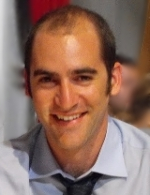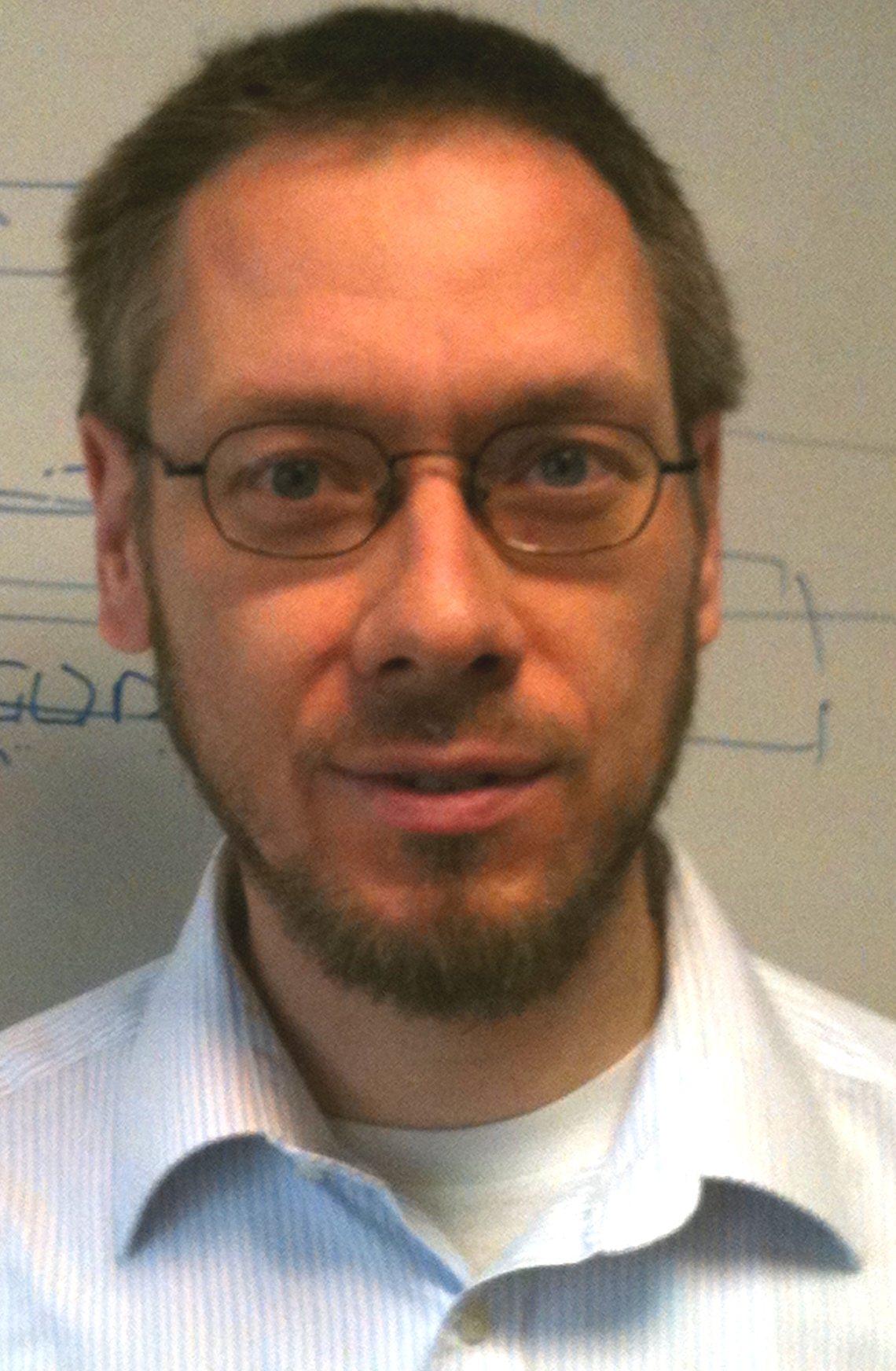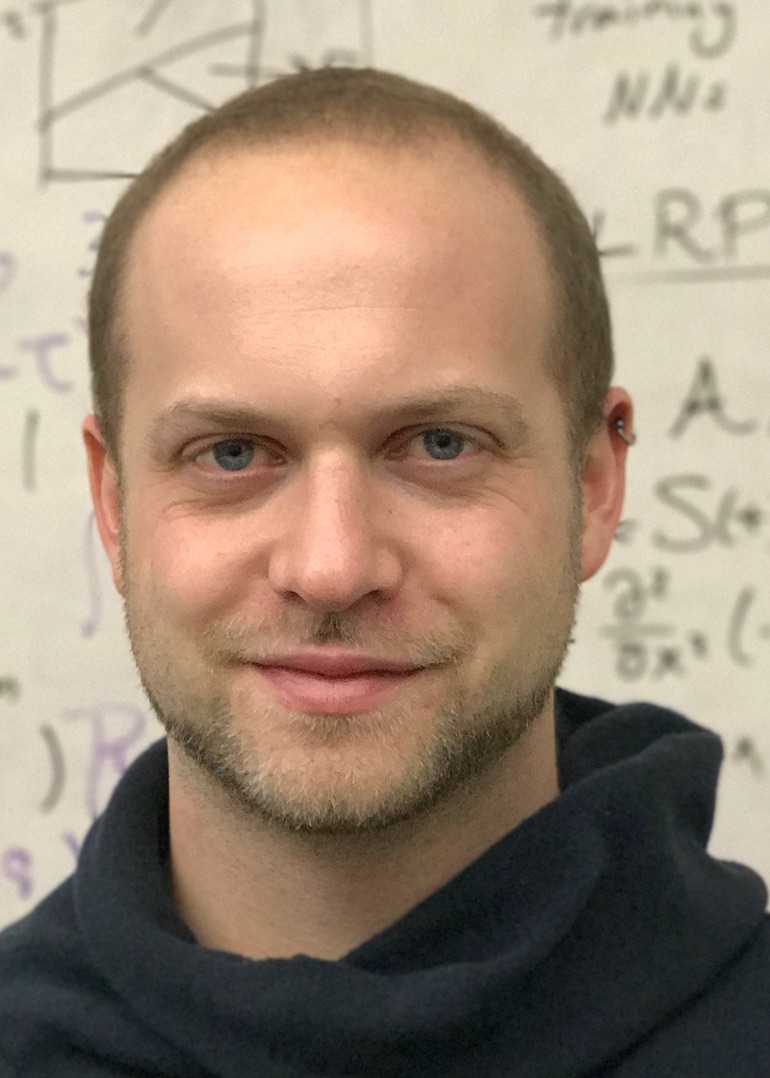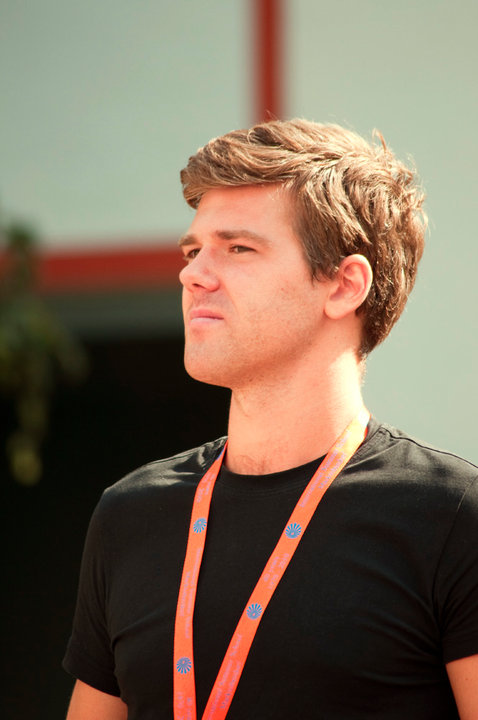
Christel Baier (Dresden, Germany)
Parametric Markov chains: algorithms, complexity and applications
Parametric Markov chains have been introduced as model for families of stochastic systems with the same topological structure, but that may differ in the transition probabilities. The talk provides an overview of techniques for computing rational functions as closed-form expressions for reachability probabilities or expected costs and complexity-theoretic results for checking the existence of a parameter valuation such that the induced Markov chains satisfies a PCTL formula. The last part of the talk provides insights in application scenarios of the parametric approach.






